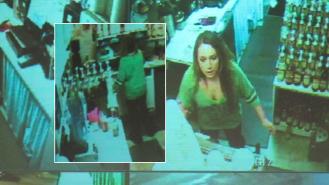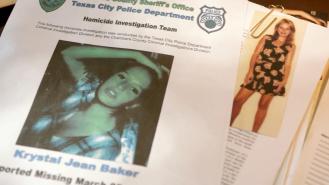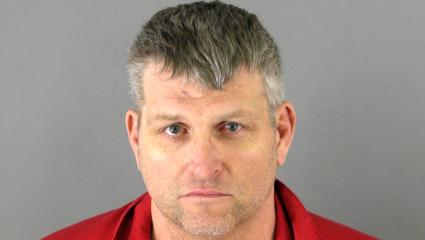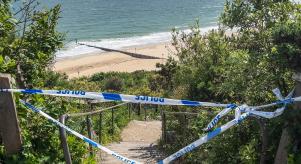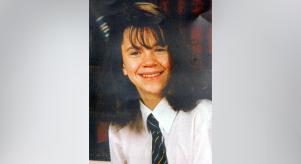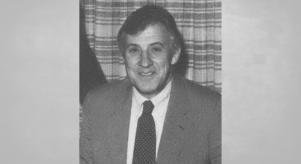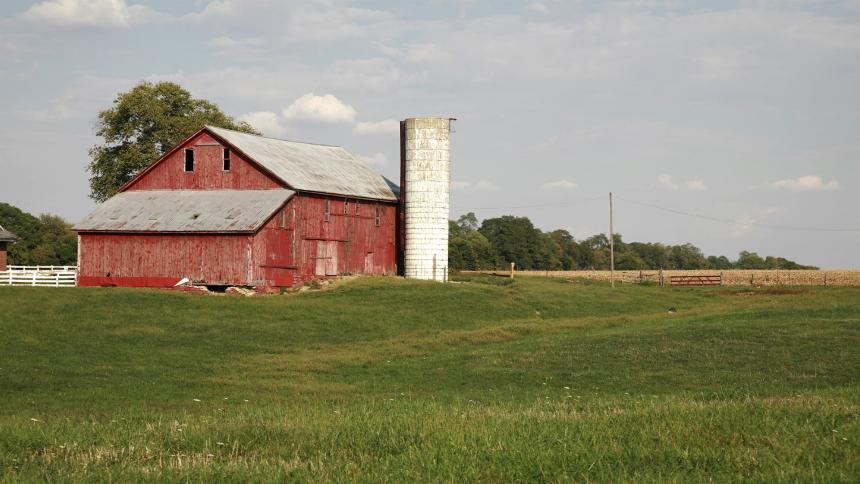
Herb Baumeister and his farmhouse of horrors
On the surface, Herb Baumeister was an ordinary guy. He lived in Indiana with his wife and children on an 18-acre farmhouse surrounded by remote woodland. Besides being a doting husband and father, he founded a successful thrift store chain called Sav-A-Lot that funded the family's comfortable lifestyle.
Everything was perfect — or so it seemed. Nobody could have guessed that Baumeister harboured a dark secret that possibly took the lives of 25 men and boys in the 1980s and 1990s. Keep reading as the Crime+Investigation team explores the details of the case.
A troubled teen
Baumeister's crimes are so disturbing partly because his childhood was completely normal. His parents loved him, he had three siblings and there's no record of abuse.
Nevertheless, he started acting strangely around puberty, developing a fascination with urine and dead animals. Concerned, his father enlisted a psychiatrist who diagnosed the troubled teen with paranoid schizophrenia and antisocial personality disorder. Unfortunately, he received no further treatment.
Keeping up appearances
Baumeister found it difficult to function like other people. He never completed his studies and drifted between jobs. Despite having a good work ethic, his employers always became disgruntled at his bizarre behaviour. But that didn’t seem to bother Juliana Saiter — the pair met in 1971, married and had three children.
From an outside perspective, the partnership was happy, but Juliana would later reveal the couple had only been intimate six times in 25 years. Baumeister was struggling with his sexuality, which resulted in a two-month stay in a psychiatric hospital in the early 70s.
After his release, his family were convinced he was 'cured'. He seemed brighter and set up a chain of successful thrift stores in 1988. In the same year, the family celebrated their success by moving to Fox Hollow Farm.
An epidemic of missing men and boys
In the early 90s, a private investigator was contacted by several families of missing gay men in Indianapolis — their sons and brothers had never come home, and the police didn't seem to care. The men were of similar ages, heights and weights and were last seen attending the same gay bars in Indianapolis.
This information was passed to the police, who finally took the testimonies seriously after a witness came forward. Tony Harris told officers that he believed his friend was killed by a frequent patron of the gay bars, 'Brian Smart'
Thankfully, Harris managed to get Smart's number plate. The car was actually registered to none other than Herb Baumeister.
Fox Hollow Farm: The house of horrors
Initially, the Baumeister’s wouldn't allow police to investigate the property, but Juliana changed her mind when her husband became increasingly volatile. Even more disturbingly, she recounted an incident where her young son found a human skull while playing in the woods near their home.
Starting to believe the impossible, she authorised the search while her husband was away. After a thorough excavation, officers unearthed 10,000 bone fragments and dozens of shotgun shells. The evidence of murder was overwhelming.
Police issued a warrant for Baumeister's arrest, but they would never catch their criminal. On 3rd July 1996, he shot himself in Pinery Provincial Park, Canada.
The I-70 Strangler
After his death, Baumeister became the main suspect in the I-70 Strangler case, where an unidentified serial killer murdered at least 11 men and boys in Indiana and Ohio between June 1980 and October 1991. Their bodies were unceremoniously dumped near Interstate 70.
Conveniently, the murders stopped when Baumeister bought Fox Hollow Farm, leading investigators to believe he simply switched the burial site.
The aftermath
Tragically, not all of Baumeister's victims have been identified — but that c ould be about to change. Hamilton County Coroner Jeff Jellison released a statement in 2022 saying that advances in DNA technology could be used to bring the victims to justice.
Jellison and his team are currently collecting DNA samples from the relatives of men who vanished in the 80s and 90s. These samples will then be compared to DNA collected from the bone fragments on Fox Hollow Farm.
The team reassured families: 'Because many of the remains were found burnt and crushed, this investigation is extremely challenging; however, the team of law enforcement and forensic specialists working the case remain committed.'
Are you a true true crime fan? Subscribe to our Crime+Investigation newsletter today. We’ll send the latest news stories and episodes straight to your inbox, so you don’t miss out!


